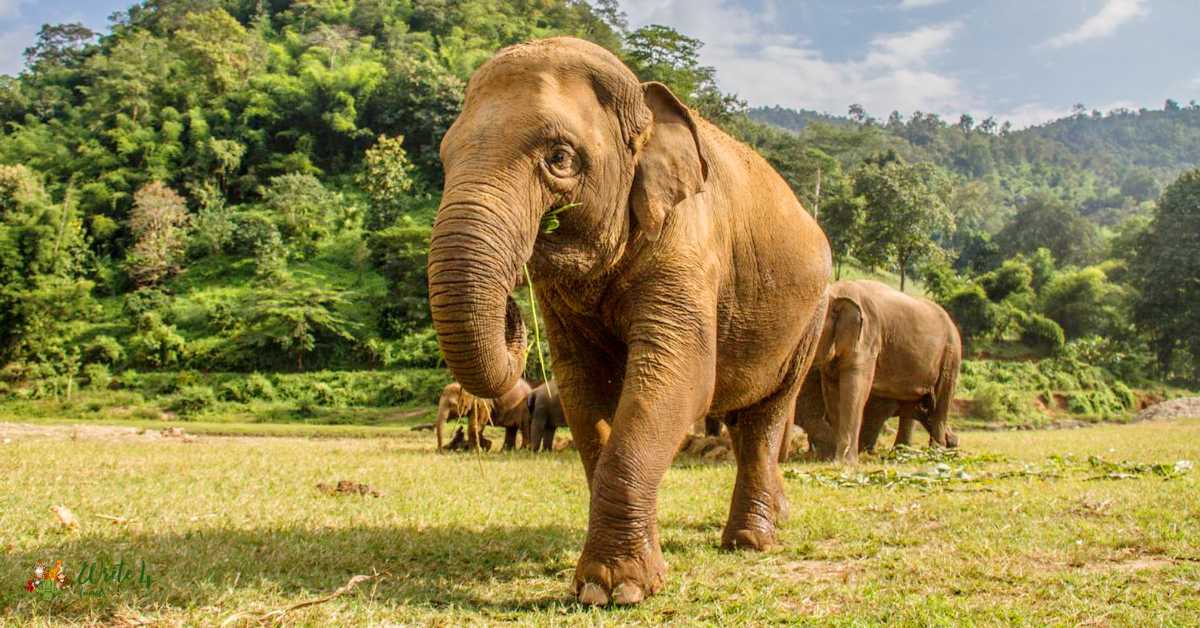In the intricate dance of survival, animals employ various strategies to navigate the challenges of their environments. For some, this means standing their ground with a resolute refusal to yield.
This blog post invites you to peer into the intriguing world of animal stubbornness, where instinct meets defiance. These creatures, often underestimated for their refusal to conform, invite us to question our understanding of the natural world.So, let’s dive into this article where we have shared Top 10 most stubborn animals in the world.
Top 10 Most Stubborn Animals in the World
1. Mule
Mules, the offspring of a male donkey and a female horse, embody a unique blend of intelligence and stubbornness. Renowned for their refusal to move without careful consideration, mules often exhibit an independent streak that sets them apart from their equine relatives.
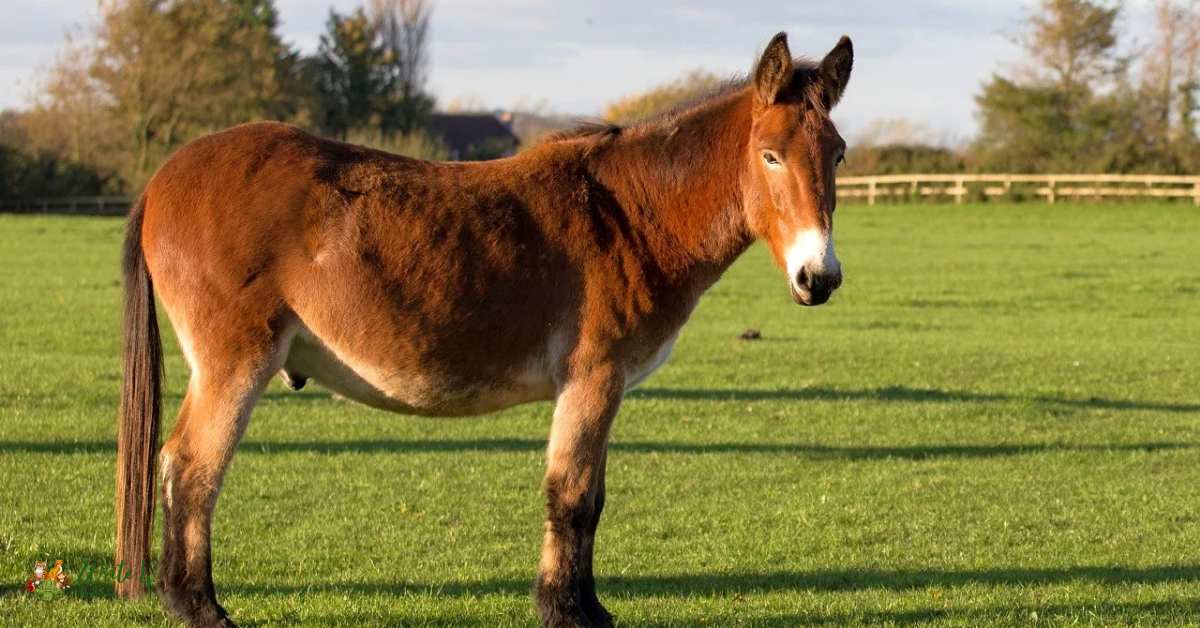
This stubborn nature stems from their keen instincts, allowing them to assess situations before making a move. Mules’ reluctance to comply with commands may frustrate handlers, but it also showcases their ability to think critically, ensuring their safety in challenging environments.
Despite their stubborn reputation, mules form strong bonds with their human counterparts, demonstrating a complex mix of loyalty, intelligence, and unwavering determination.
2. Honey Badger
The honey badger, often hailed as the “baddest animal in the world,” is a small yet tenacious creature that fearlessly confronts challenges. With a reputation for stubbornness, honey badgers exhibit an unyielding attitude in the face of adversity.
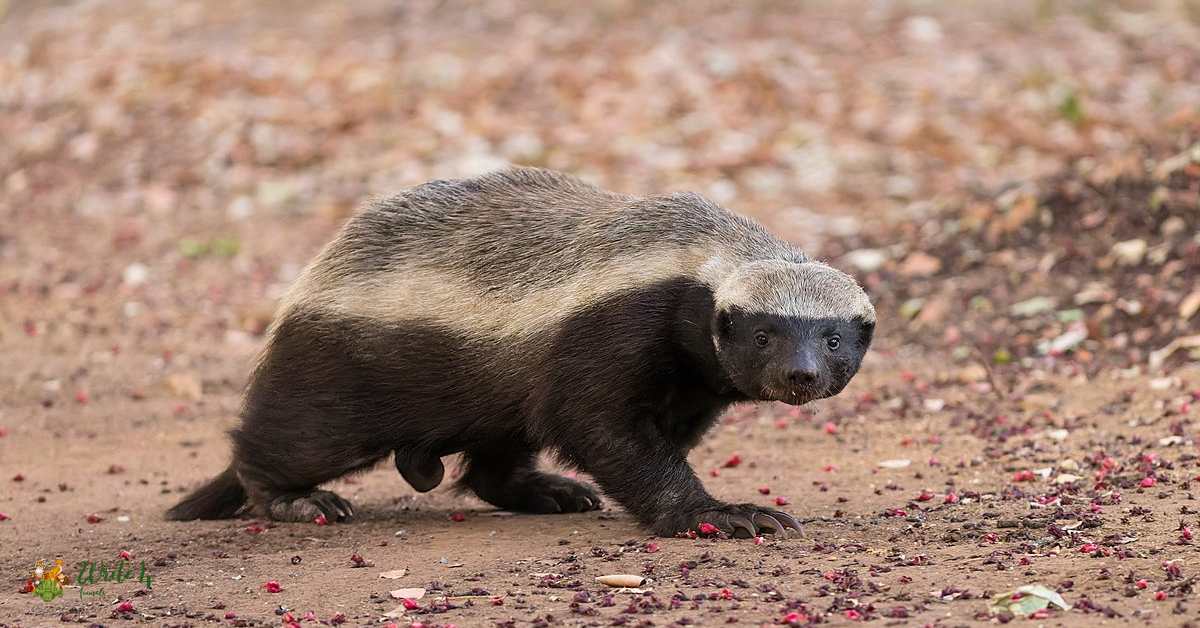
Their small size belies their fierce nature, as they stubbornly resist predators much larger than themselves. This obstinate behavior is a crucial survival trait in the harsh African wilderness, where resourcefulness and tenacity are essential.
The honey badger’s fearlessness and refusal to back down make it a symbol of resilience in the animal kingdom, proving that size does not dictate the strength of one’s will.
3. Cat
Cats, with their graceful demeanor and enigmatic personalities, are often celebrated for their independence. However, this independence can manifest as stubbornness, particularly when it comes to following commands or conforming to human expectations.
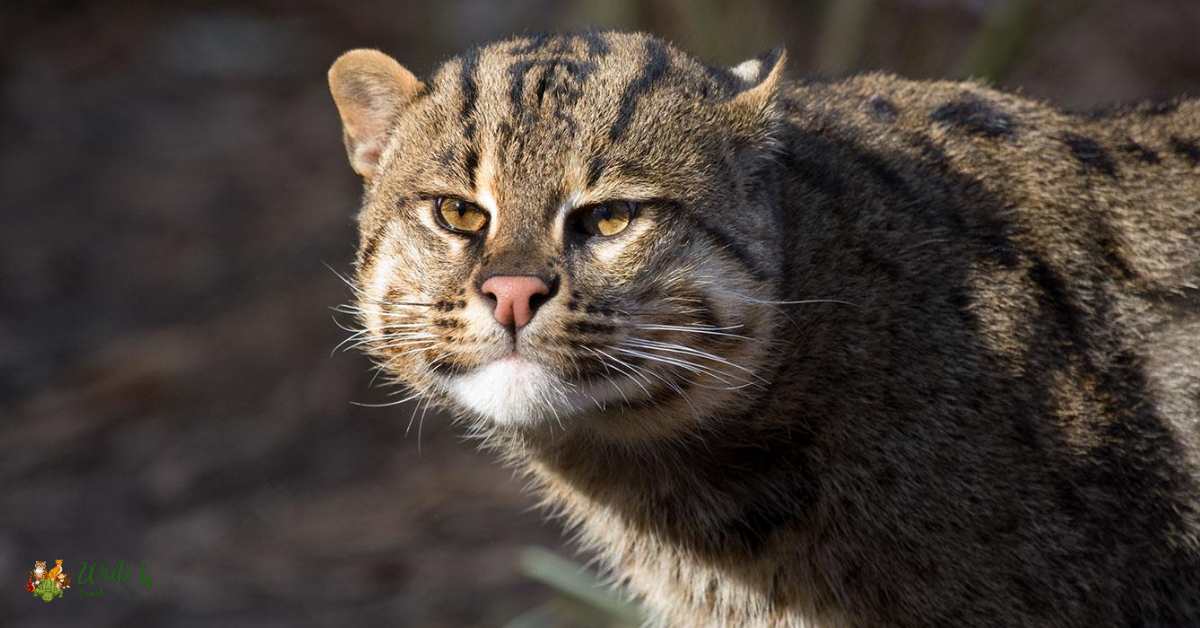
Feline companions may display a strong-willed nature, choosing to ignore requests or asserting their autonomy in various situations. This stubborn streak adds to the charm and mystery that surround cats, making them captivating yet enigmatic companions.
While cats may not always comply with human desires, their independence is a testament to their self-reliance and the ancient instincts that have shaped their behavior over centuries. The aloof and unyielding nature of cats only serves to deepen the bond between these intriguing animals and their human counterparts.
4. Goat
Goats, with their agile bodies and mischievous personalities, are known for their stubborn and headstrong nature. Their penchant for headbutting, whether in play or as a display of dominance, showcases their determined and obstinate character.
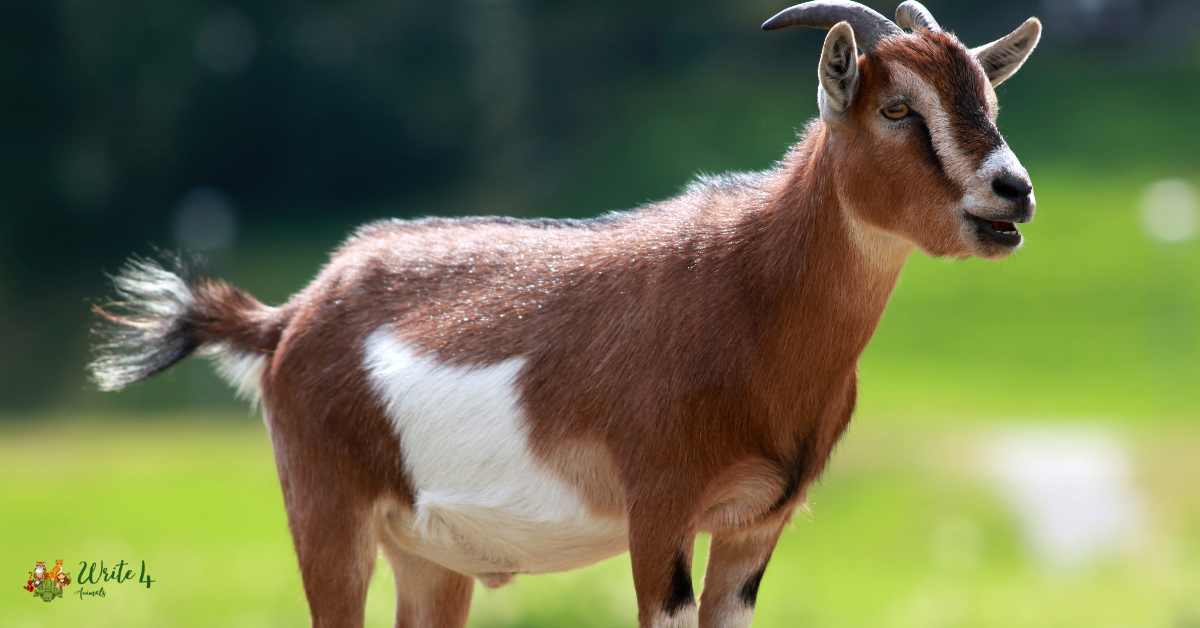
Within a herd, goats establish a social hierarchy, and clashes over leadership positions can lead to intense headbutting battles. This stubborn behavior is not only a means of asserting dominance but also a way for goats to communicate and establish their place within the group.
The mastery of headbutting is a unique aspect of goat behavior that highlights their strong-willed nature and the importance of hierarchy in their social dynamics.
5. Dachshund
Dachshunds, with their distinctive long bodies and short legs, may be small in stature, but they possess a larger-than-life personality, often accompanied by a stubborn streak. Known for their strong-willed behavior, dachshunds are not easily swayed or coerced into activities they find undesirable.

This stubbornness is a product of their independent nature and a strong sense of self. Dachshunds may resist commands or attempt to assert their dominance, making training sessions a test of patience for their owners.
Despite their stubborn tendencies, dachshunds are affectionate and loyal companions, and their spirited personality adds a unique charm to the world of canine companionship.
6. Elephant
Elephants, the gentle giants of the animal kingdom, are characterized by their strong sense of independence and occasional stubbornness. While their majestic and calm demeanor is well-known, elephants may resist commands if they believe the instructions go against their instincts or disrupt established social structures within the herd.

Their stubbornness is often a manifestation of their intelligence and emotional depth, as elephants form deep bonds with one another and exhibit a strong sense of familial and social cohesion.
Understanding and respecting their autonomy is crucial when interacting with these magnificent creatures, as their stubborn streak is a testament to their complex and highly evolved social dynamics.
7. Raccoon
Raccoons, with their distinctive masked faces and agile paws, are not only mischievous but also remarkably stubborn. Their determination to access food sources, even in the face of obstacles, showcases their resourcefulness and tenacity.

Raccoons are known for their clever problem-solving abilities, and when faced with challenges such as locked bins or obstacles, their stubborn nature comes to the forefront.
This persistence in seeking out food has earned them a reputation as urban scavengers, navigating human environments with ease. The craftiness and unyielding nature of raccoons make them both a nuisance and a source of admiration for their ability to thrive in diverse environments.
8. Tortoise
Tortoises, with their slow and deliberate pace, are known for their steadfast and stubborn determination. Whether resisting changes to their routine or environment, tortoises exhibit a slow and steady approach to life.
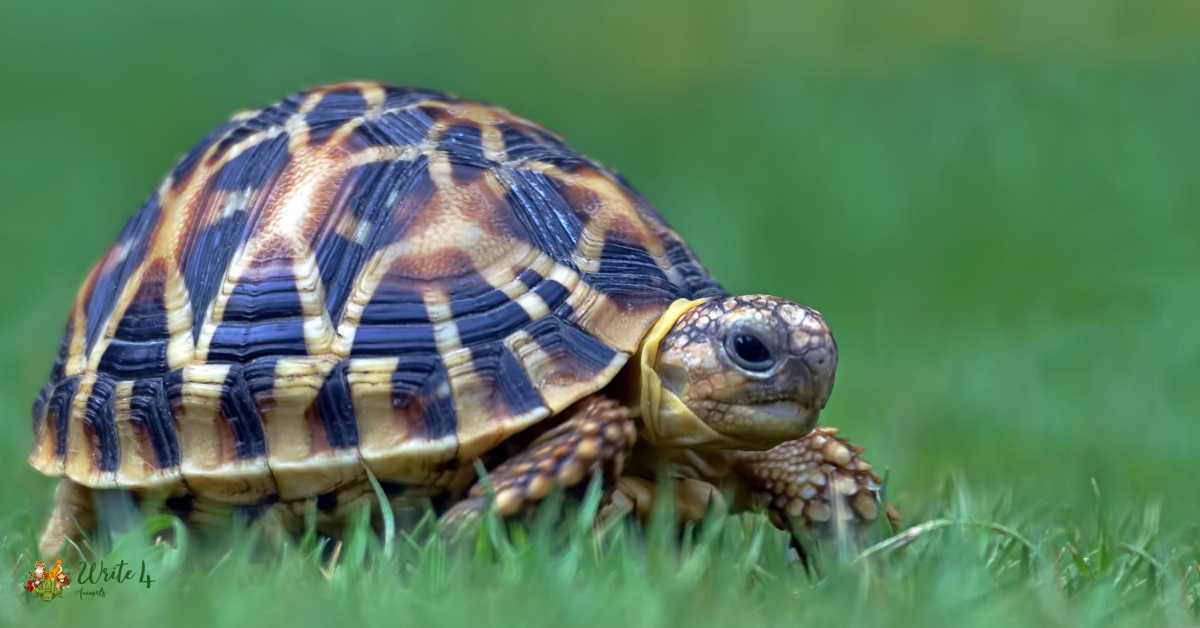
Once they decide on a direction, they persistently plod forward, regardless of external influences. This stubbornness is deeply ingrained in their behavior and serves as a survival strategy in the wild.
Tortoises have adapted to navigate a world where agility may not be their strength, relying instead on patience and endurance. The slow and steady stubbornness of tortoises is a reminder that success often comes to those who remain committed to their goals, even if progress is gradual.
9. Cockatoo
Cockatoos, with their vibrant plumage and expressive personalities, are known for their stubbornness. Their strong vocalizations and refusal to comply with certain requests make them intriguing companions that require patience and understanding.
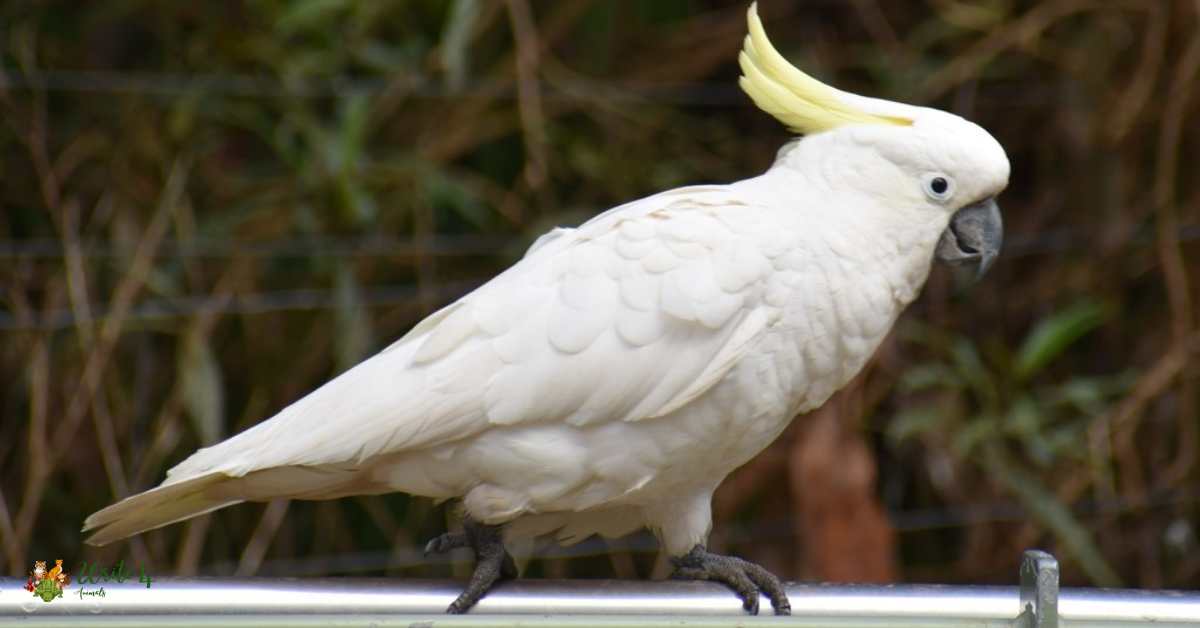
Cockatoos may exhibit defiant behavior, particularly when faced with changes in their environment or routines. This stubborn streak is often a manifestation of their intelligence and emotional depth, as cockatoos form strong bonds with their human caregivers.
While their vocal and defiant nature may pose challenges, the unique charm and affectionate qualities of cockatoos make them beloved pets for those willing to invest time and effort in understanding and meeting their complex needs.
10. Octopus
The octopus, with its remarkable intelligence and problem-solving abilities, is not easily persuaded. Known for their inquisitive nature, octopuses may resist captivity and challenge their keepers with their escape artist skills.
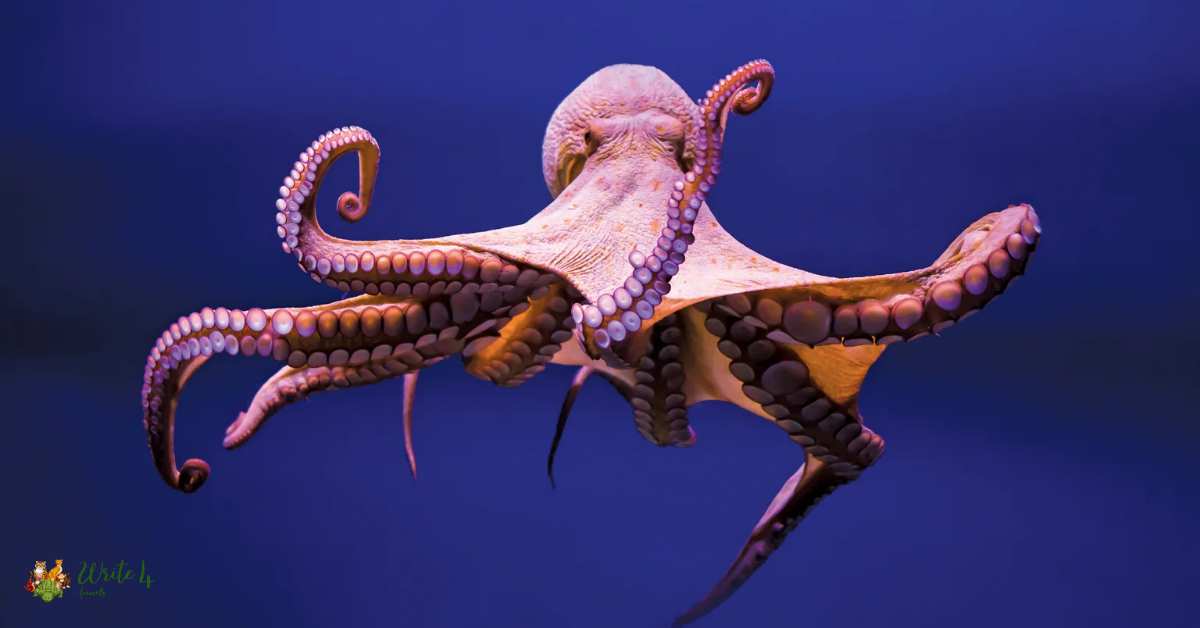
This obstinate behavior is a testament to their highly developed cognitive abilities and complex problem-solving skills. Octopuses, with their soft bodies and incredible flexibility, can squeeze through small openings and navigate intricate mazes, showcasing a level of stubborn determination that sets them apart in the aquatic world.
Their ability to learn from experiences and exhibit a strong sense of autonomy adds to the mystique surrounding these intelligent cephalopods, making them both captivating and challenging subjects for study and observation.
Frequently Asked Questions
Why are some animals considered stubborn?
Stubbornness in animals is often a result of evolutionary adaptations that have favored traits such as independence, resilience, and a strong sense of self-preservation. These characteristics can manifest as resistance to external commands or a persistent adherence to established behaviors.
Are stubborn animals harder to train?
Stubborn animals can present unique challenges in training due to their strong-willed nature. However, with patience, positive reinforcement, and understanding of the species-specific behaviors, many stubborn animals can be trained effectively.
Do all domesticated animals exhibit stubbornness?
While domestication has led to some animals displaying more cooperative behavior, individual personalities vary. Even within domesticated species, certain individuals may exhibit stubborn traits, influenced by factors like genetics, environment, and early experiences.
Can stubbornness be a survival trait in the wild?
Yes, in the wild, stubbornness can be a valuable survival trait. Animals with a strong sense of independence and determination are better equipped to navigate challenges, assert themselves within social structures, and make decisions critical for their survival.
How can handlers deal with stubborn animals?
Handling stubborn animals requires patience, consistency, and a deep understanding of the species’ natural behaviors. Positive reinforcement, clear communication, and respect for the animal’s autonomy are crucial for building a cooperative relationship.
Are there benefits to stubbornness in the animal kingdom?
Yes, stubbornness can offer several benefits in the animal kingdom. It may contribute to an individual’s ability to secure resources, establish dominance within a group, or resist potential threats. In certain environments, a degree of stubbornness can be advantageous for survival.
Can stubbornness vary within a species?
Absolutely. Just like humans, animals within a species can exhibit a wide range of personalities. Some individuals may be more cooperative, while others display a stubborn streak. Factors such as genetics, upbringing, and experiences contribute to these variations.
How do researchers study stubborn behavior in animals?
Researchers employ a variety of methods to study stubborn behavior in animals, including behavioral observations in natural settings, controlled experiments, and analyzing responses to stimuli. Understanding the context in which stubborn behaviors arise is crucial for accurate interpretation.
Can stubbornness be a disadvantage for certain animals?
While stubbornness can be advantageous in specific situations, it may also pose disadvantages, especially in the face of rapidly changing environments. Adaptability is essential for long-term survival, and overly stubborn behaviors that resist necessary changes may become a liability.
Recommended
2. Polar Bear vs Kodiak Bear Comparison
3. 12 Ugliest dog breeds in the world
4. Wolf vs Husky: Unraveling the Similarities and Differences
